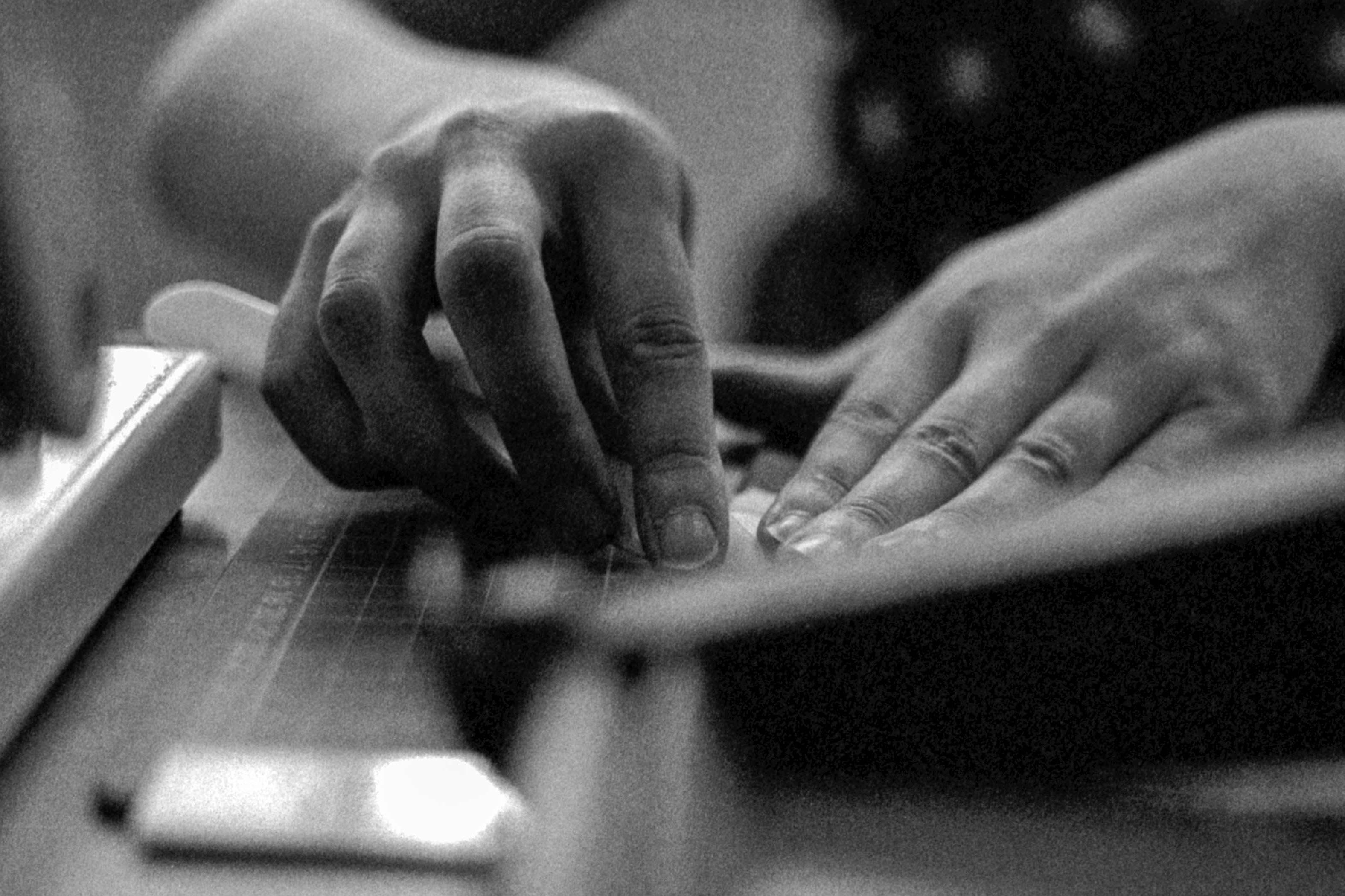
When we characterize younger generations today, perhaps what most differentiates them from others is their nativity and literacy in the digital age. We make much of this difference and contemplate how it affects and reflects language, brain development, and future innovation in technology. But what seems left out of these types of conversations is something that may be lost—or is relegated to dormancy—with these shifts. As someone who has worked with my hands in the design field for much of my life, in recent years I’ve been ruminating on some of the more negative cultural, social and personal effects of entire generations having little daily experience and expertise associated with making, fixing, and manipulating or interacting with artifacts and the built environment. It seems an inevitable consequence of today’s technology, being ever-more of the digital variety, that how we value and qualify ‘ability’ is increasingly in reference to how one relates to and exploits this technology. Meanwhile, understanding the mechanical world is only for the expert few, rather than the everyman. Of course, technological developments have shaped and characterized human culture through the ages, but perhaps never have we been so all-encompassingly reliant on it, with digital technology and it’s many conveniences aiming to meet needs in all corners of our lives.